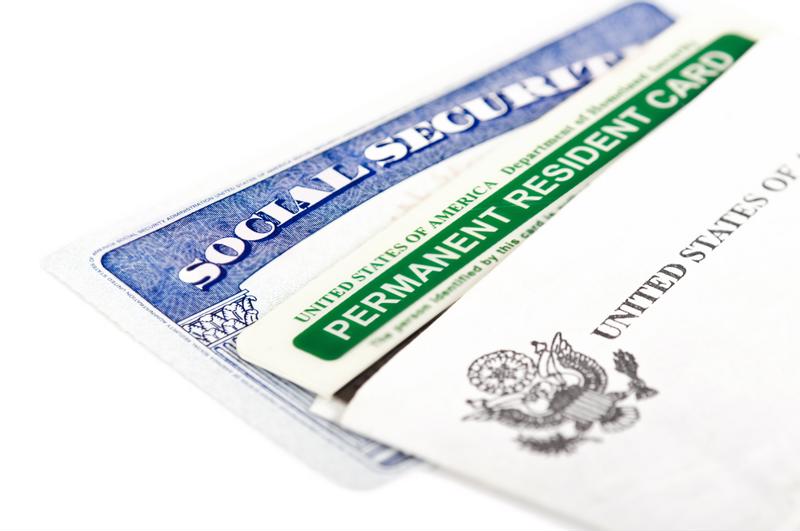Total Defense
Security & Safety Resource Center
Archives - Identity Theft
Let your common sense guide your decisions about what to post online
As a general practice, before you publish something on the Internet, determine what value it provides and consider the implications of having the information available to the public. Identity theft is an increasing problem, and the more information an attacker can gather about you, the easier it is to pretend to be you. Behave online […]
Overwrite deleted data if you’re giving away your device
In many instances, deleting a file doesn’t mean it’s gone forever. It might still be recoverable by someone with the right tools. When recycling a device or giving it to someone else, use an overwrite program to ensure full deletion of personal information from the drive.
Check your banking account statements regularly
Review your banking, credit card, or payment service statements regularly to ensure there are no unauthorized charges or withdrawals. Be sure to shred bank and credit card statements before throwing them in the trash; talk to your bank about using passwords and photo identification on credit cards and bank accounts.
Limit what you share on social media to protect your identity
Social networks are vast, eminently searchable data repositories. As such, it’s usually a bad idea to post any personally identifiable information on them because you don’t know who might see it. Don’t ever share your address, birthday or Social Security number in any online public forum, whether Twitter or a message board.
Pay with credit instead of debit when shopping online
E-commerce sites are typically well-protected from attacks. However, you can further reduce your risk by paying with credit, or with a gift/prepaid card, instead of debit. That way, you have more protections from identity theft and no prospect of your bank account being cleaned out if your card number is stolen.
How to protect your identity when traveling
Identity theft is a constant concern for travelers and anyone who uses the internet or a payment card. Here’s how to reduce your risk.

Privacy /
Legal
Cookie Policy
Do Not Sell My Information
Copyright ©2025 Total Defense LLC. All Rights Reserved.
Privacy Policy Updates
At Total Defense we take your privacy seriously. We recently made updates to our privacy policy to comply with the European Union’s General Data Privacy Regulation. This policy explains:
- What information we collect and why we collect it.
- How we use information.
- How we access, update, or remove the information.
We strive to make this policy simple to read and understand. Please read and review the policy here: https://www.opentext.com/about/privacy
Please confirm you have reviewed the policy and provide consent to Total Defense to use your personal data as detailed in our policy.


